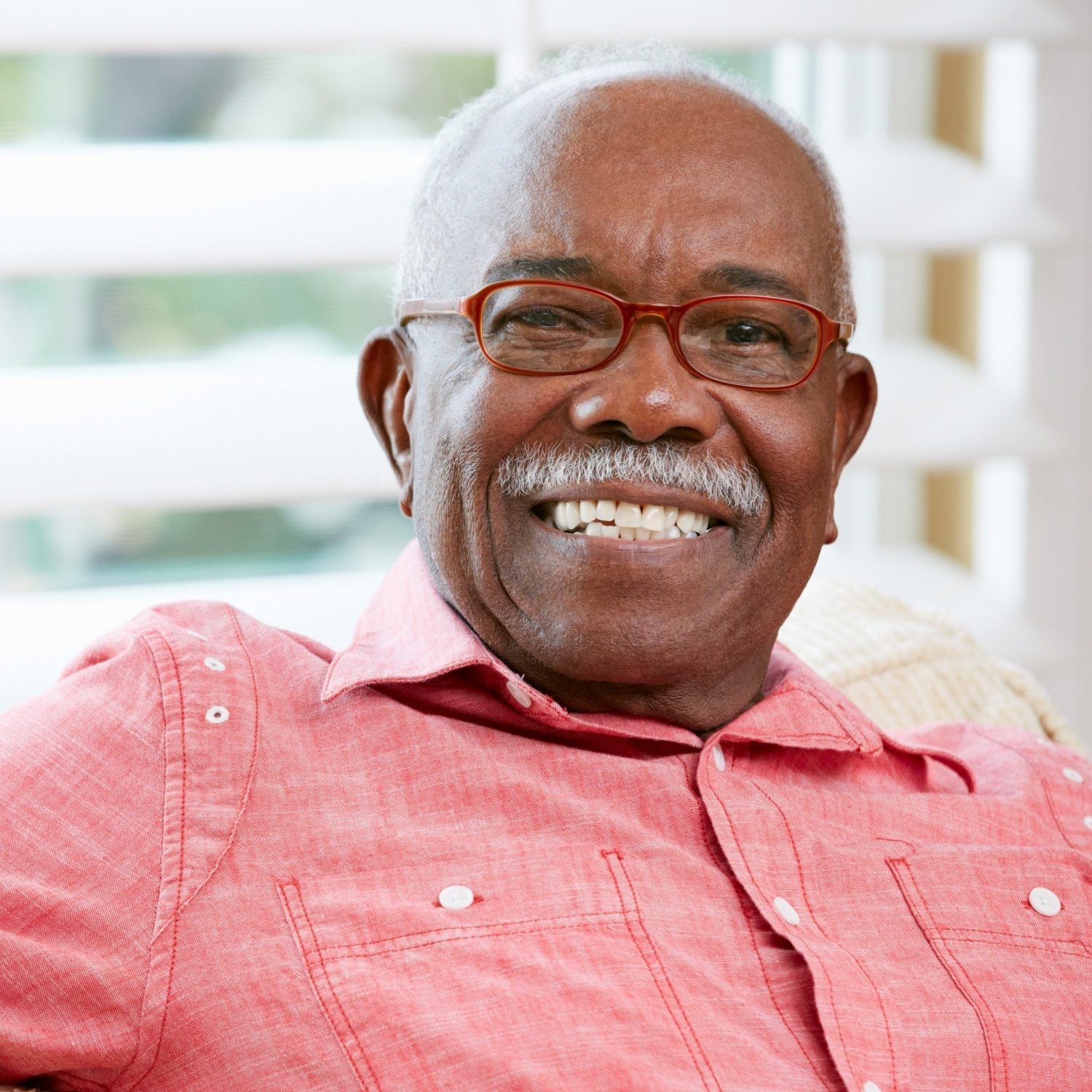
Living Well, Aging Well
By CarePatrol Baltimore
Perspective is an amazing thing. The way you look at life changes as you age. No doubt about it. At 25 or even 35, your whole life stretches in front of you. At 65 or 75, you realize just how quickly those years can pass. That perspective should bring meaning into everything we do, thereby enriching our lives way beyond what we could do at younger ages. There is a lot of buzz these days around the concepts of gratitude, mindfulness, and place. We think all of these are part of living well. Let us explore each in greater detail.
Gratitude starts with the quality of being thankful. It is the readiness to show kindness and appreciation for others. In psychology research, expressing gratitude is strongly and consistently associated with greater happiness. Showing kindness to others is an immediate boost to one’s own level of happiness! How simple is that? The good news is that this level of gratitude can be cultivated. If perspective, living through both good times and bad, has not led to a natural increase in recognizing the good things that come into one’s life and not taking them for granted, a person can work on that and develop a deeper sense of gratitude. This leads to improving their own happiness.
Much research has been done in studying the effects of gratitude. A Harvard University article highlights that the findings suggest “that gratitude is an attainment associated with emotional maturity”. It all comes back to perspective.
There are specific ways a person can cultivate this feeling of gratitude. Recognizing the good things in their lives as opposed to the bad has tangible happiness quotients attached to its practice. Here are a few things to try:
- Write thank-you notes.
- Thank someone in your mind – think positive thoughts about the person you are grateful for or grateful to.
- Keep a gratitude journal – write down every day what made you grateful or share thoughts with a loved one.
- Count your blessings – literally! Think of 3 things every day to be grateful for.
- Say a prayer before you close your eyes at night.
- Meditate
Two decades of recent research suggest regular meditation may boost mental flexibility and focus, offering powerful protection against cognitive decline. The brain ages in several ways. Cognitive decline can be a result of diet, exercise levels, lifestyle choices, education, and other factors that drive one’s overall health. Findings are strong that a consistent practice of mindfulness, along with meditation practice, may help keep aging brains functioning well and halt or reverse the decline. There is a lot more to be learned here, but as a simple and easily accessible tool to combat the aging process, it is a (pardon the pun) “no-brainer”!
Mindfulness is another powerful practice that brings peace and clarity. It is broader than gratitude and involves bringing one’s awareness to the present moment, including sensations, emotions, feelings, thoughts, and a calm acknowledgment of your existence at that moment. The practice of mindfulness cultivates this ability to be fully aware and present in a moment. It is purposeful and there are benefits to it.
Finally, there is the sense of place. Sense of place refers to people’s perspective and make meaning of those experiences within a place. Think of homes, cities, buildings, historical sites, countries, and geographies. These places connect to us in ways that have meaning.
Vital to our quality of life, our “places” make it possible for us to navigate our world, travel, get from one place to another, and feel safe and connected to our community. For some it involves memories. For others, it involves community or spirituality. For still others, it involves security and peace. Our perceptions of our environments and the conscious or unconscious feelings about those environments lend us our sense of place.
How we sense and emotionally react to the environment both contribute to this feeling. Sense of place involves a personal orientation toward a place, based on perceptions, experiences, emotions, and physical aspects. Cultivating a good sense of place is important to living well. Choosing the right combination of environment and experience is a way to be both mindful and grateful as we navigate our days with meaning. Reach out to us if you need help with finding your place and use the hyperlinks provided here to read more about the practice of gratitude and mindfulness. Happy aging!